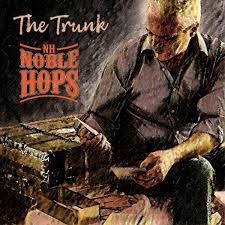A question echoes through the center of Make You Proud—“Can you see me now?”—and it lingers like the final glow of a candle still burning for someone long gone. Emily Dimes doesn’t lean on grand metaphors or melodrama to navigate the weight of loss; instead, she constructs a deeply human portrait of grief, where memory, love, and purpose converge in quiet rebellion against forgetting.
The track opens with sparse, aching piano chords that feel more like a confession than an arrangement. There’s no rush. Dimes takes her time, and that decision pulls the listener into a space that feels more like a letter than a performance. Her voice carries a steady fragility—never broken, but always on the edge of something unspoken—and as the synth textures grow beneath her, so does the emotional architecture of the song.
What’s striking is not just the song’s sadness, but how it balances sorrow with forward motion. The chorus doesn’t plead; it asserts: “I will make you proud.” It’s a vow, not a wish. Dimes transforms vulnerability into momentum, using her loss not as an anchor but as a compass. The bridge swells with a quiet ferocity—“I want connection, I want to inspire”—a manifesto born from mourning, lit with clarity.
Where many tributes lean toward sentimentality, Make You Proud resists it. Instead, it feels lived-in. There’s complexity in how it acknowledges the slow fade of memory (“you start to slip away from me”) while still promising action, resilience, and light. It’s a ballad carved from real moments, reflective of Dimes’ classical roots and pop-rock influences, but firmly her own voice.
As the final chorus fades, the question repeats: Can you see me now? And it no longer feels like she’s asking. It feels like she knows the answer.










